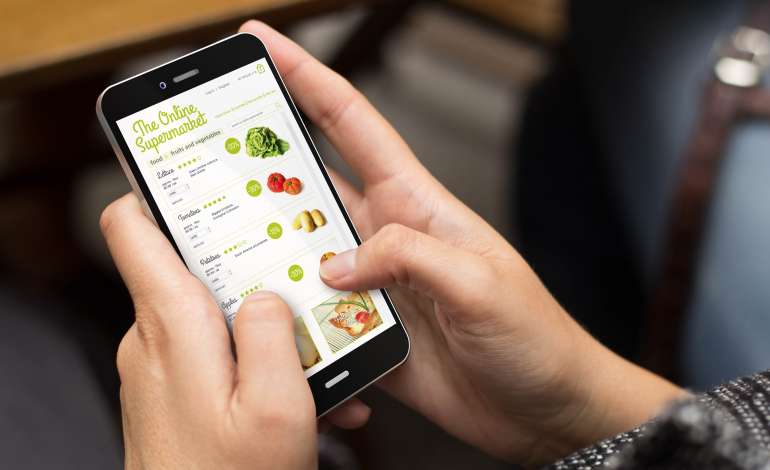By Robert Flavin, Strategic Planning Director at V360°.AS FEATURED IN CHECKOUT MAGAZINE, APRIL 2018.
As a nation our love affair with pets shows little sign of waning. However the type of pets that people own nowadays is evolving. Source – FEDIAF 2016.
There is a broad trend towards ownership of smaller pets, notably cats and small dogs, but also small mammals such as rabbits and hamsters. This trend is being driven by a number of factors. First of all, increasing urbanisation is forcing people into smaller living abodes, making large pets less feasible. In contrast our aging populations, rise of single households and smaller family sizes can actually create room for pets in the home. Pets are quite often fulfilling a more emotional, companionship role than traditionally seen. In this role as a companion, pets are often treated as an extension of the family.
The evolving dynamic of the traditional owner relationship increasingly resembles that of parent-child with owners increasingly investing both time and money to ensure that their pets have the best possible quality of life. Small pets in particular are more likely to be humanised with greater care being taken of their health and wellbeing, both emotionally and physically.
Pet humanisation is set to continue to drive sales of pet products and services for the foreseeable future, enhanced by the economic recovery and the increasingly emotional bond between pets and humans.
At the same time, established categories such as pet food and treats are pushing relentlessly upmarket as pet owners grow ever more discerning and as outlier trends push further into the mainstream.
This is having a number of implications for the category in particular premiumisation of the pet food category as well as an expansion of pet services, along with health and gifting accessories.
ACTIVE HEALTH MEASURES
As owners increasingly transfer their health consciousness to their pets, from supplements to vitamins, functional food, and dental sticks there is an ever expanding array of solutions to optimise pets’ health and well-being. Owners are increasingly unwilling to compromise on pet food quality as evident by the rise of BARF (Biologically Appropriate Raw Food) diets and increasingly higher quality ingredients.
The pet food category increasingly resembles the dynamic of baby food, with agent shoppers scrutinising the quality credentials of the food to ensure that it’s good enough for their ‘fur babies’.
SHOPPING REINVENTED
Pet food shopper is quite habitual, particular for regular meal solutions such as dry food. Such items are often bought in bulk and lend themselves to online shopping, subscription services and Amazon Dash Buttons. Owners can be hesitant to change in case their pets don’t like new food. Retailers need new strategies to adapt, capture and entice increasingly discerning pet shoppers, in both dry and wet food offerings.
TECH SHAKING UP THE STATUS QUO
The playful element in the relationship with a pet is further being driven and boosted by apps and gadgets that can enhance the relationship between pets and owners. Some fo the more interesting products include Wag, an app for hiring a dog walker; DogVacay, which is billed as an Airbnb for dog boarding; and Whistle, a tracker for monitoring your pet’s location.
Pedigree’s award winning radio for dogs K9FM provides company for pets left at home on their own.
SOCIAL CONNECTIONS
Not only are pets increasingly integrated into their owners’ homes and lives but they are increasingly part of social media. No longer relegated to the garden, pets have become an integral part of their owners’ lives. This even includes social media, just look at the success of Doug The Pug or Grumpy Cat.
Source: James Wellbeloved – naturally healthy pet food.




